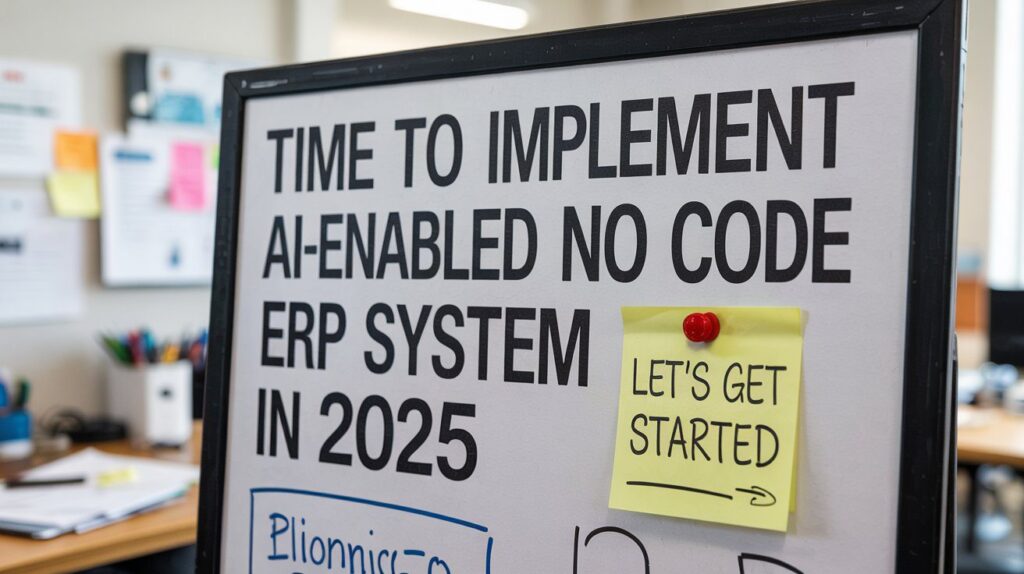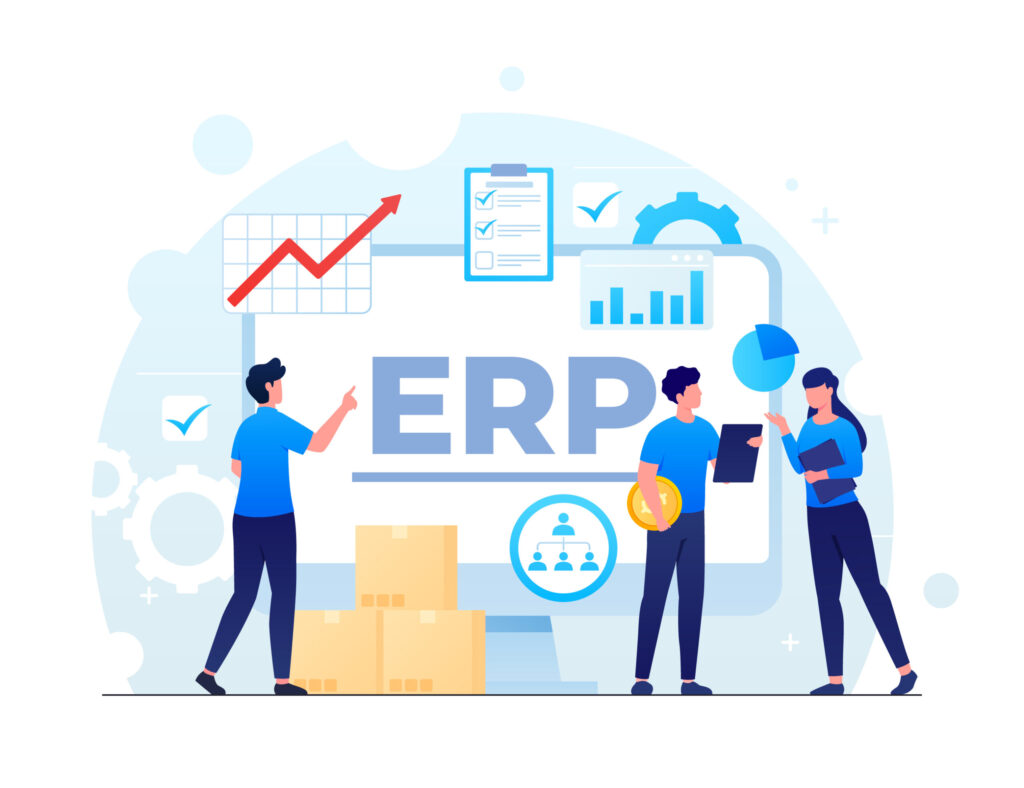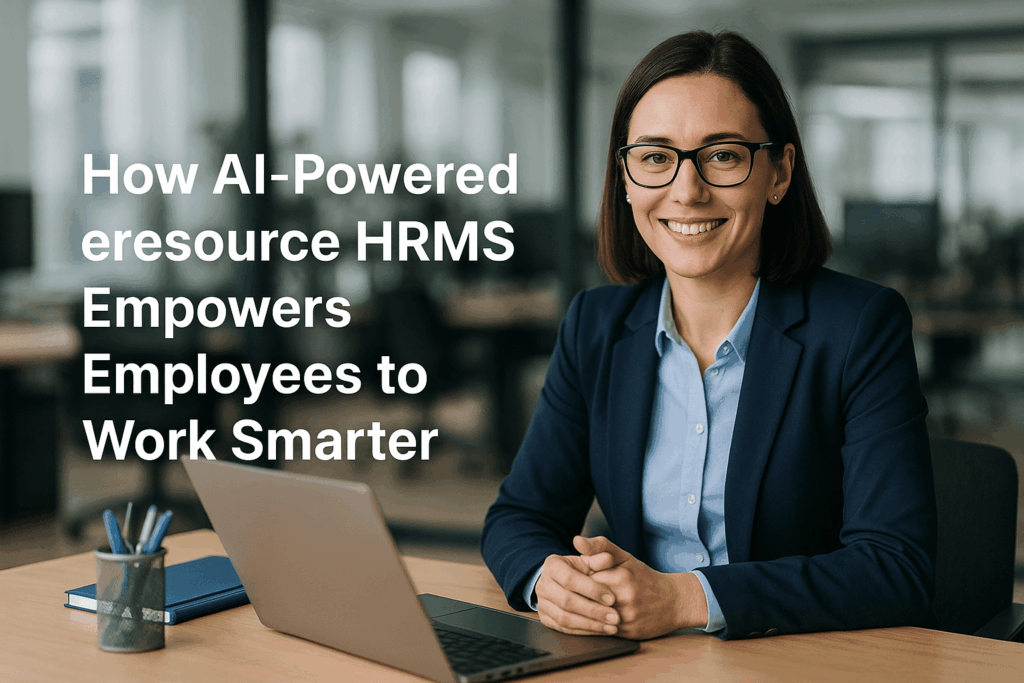One ERP. Every Industry. Global Presence. Powered by Azaalea AI

One ERP. Every Industry. Global Presence. Powered by

Search

- July 15, 2025
- Process Industry
eresource Bpro: most cutting-edge and innovative ERP for Process Manufacturing
- May 16, 2025
- Construction ERP
AI-enabled eresource Nfra: a constructive ERP system for project-based industry
- May 6, 2025
- AI Powered ERP
AI-Powered ERP: How eresource Azaalea AI Revolutionizes Business in 2026

- April 15, 2025
- AI Powered ERP
Time to implement AI-enabled No code eresource ERP system for your industry
- March 13, 2025
- Logistics ERP
eresource brings best AI-enabled No Code ERP system for warehouse and logistics management
- March 3, 2025
- AI Powered ERP
A detailed examination of the functional specialties of an AI-enabled ERP system (2025)
- February 27, 2025
- Manufacturing ERP
eresource Xcel ERP system is equally beneficial to large, small, and medium-sized organizations
- February 21, 2025
- Manufacturing ERP
Manufacturing is a global business with eresource’s LC/NC Xcel ERP system
- February 18, 2025
- Process Industry
eresource provides the oil and gas sector in the Middle Eastern countries with a long-awaited ERP system
- February 10, 2025
- Construction ERP, Uncategorized
eresource Nfra LC/NC ERP with mobile-friendly design gives construction industry a cutting-edge solution
Search
Category
- AI Powered ERP (15)
- Automotive ERP (10)
- Chemical ERP (3)
- Construction ERP (68)
- Cosmetics ERP (0)
- CRM (8)
- Electronics ERP (0)
- Energy ERP Software (0)
- EPC ERP (0)
- ERP (51)
- ERP Cloud (21)
- ERP Fabrication (1)
- ERP for Printing Industry (0)
- ERP for SME (0)
- ERP for Solar Industry (3)
- ERP HVAC (1)
- ERP Implementation (16)
- ERP in Nigeria (10)
- ERP Module (14)
- ERP Software (130)
- ERP Software in Canada (0)
- ERP Software in Ghana (0)
- ERP Software in UAE (0)
- ERP Solution (9)
- ERP System (29)
- ERP Training (2)
- Fleet Management (5)
- Food Processing ERP (6)
- HRMS (6)
- Logistics ERP (4)
- Low Code/No Code (0)
- Manufacturing ERP (90)
- MEP (4)
- Mobile ERP (2)
- MRP (0)
- Pharmaceuticals ERP (14)
- Plant Maintenance (1)
- Plastics Manufacturing ERP (2)
- Process Industry (7)
- Project Accounting Software (0)
- Rental ERP (0)
- SAAS ERP (1)
- SAAS Model (4)
- solar erp software (0)
- Steel Manufacturing ERP (0)
- Trading & Distribution ERP (1)
- trading erp (8)
- Transportation ERP (0)
- Uncategorized (14)
- Warehouse (1)
- Web-based ERP (7)


